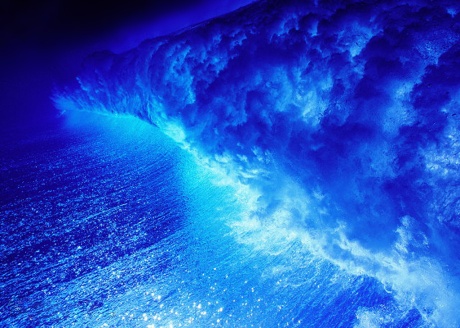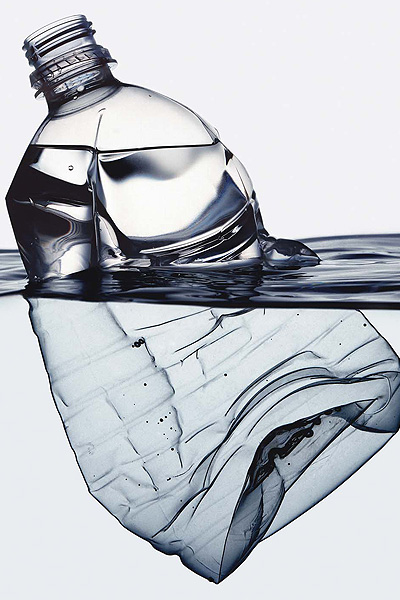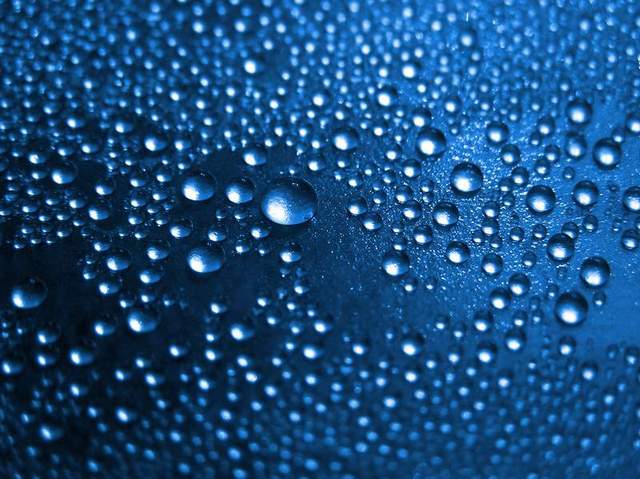|
Seven Suspicious Water Claims

This is part two of my three part series on the documentary Water: The Great Mystery and it follows on fr om the post entitled “More Water Woo”. In this article I will attempt to address the fallacious statements which are presented as science in Water. This series is a response to an article published on news24.com entitled Can Water Remember?.
The seven theories proposed in Water, together with the skeptical interpretation of those theories are as follows;
1.Any substance which comes into contact with water leaves behind an imprint of itself , this enables water to remember everything which occurs in the space around it.
Does this sound familiar to you? If you recognised this speculation as one of the central tenets of homeopathy, you would be right. A topic such as homeopathy deserves an entire blog category of it’s own and I intend to address the matter in great detail.
For the purpose of this post however, let us stick to the basics. Water memory was proposed by Jacques Benveniste as the mechanism through which homeopathic remedies allegedly have therapeutic powers. This effect is only brought about by shaking the water at each stage of dilution of the homeopathic remedy. Such remedies are so highly diluted that not even a single molecule of the original solute is likely to remain. While Benveniste’s studies were able to show an effect, no double-blind repetition of the experiments involved have been able to replicate the effects.
The concept of water memory is not accepted by the scientific community.
2.It’s further noted that, as water records information, it acquires new properties, yet its chemical composition remains unchanged…
This point is based on a logical fallacy; the unstated major premise. We must first be willing to accept that water can retain memories before it is plausible to theorize about the formation of “memory cells” within water. This point is flawed in the most basic of ways; it is not based on any plausible science. As such we do not need to address it too closely.
3.“modern instruments have made it possible to record that within each of water’s memory cells, there are 440 000 information panels”
Again, this point is flawed as it builds upon the nonsense of the point before it. We still have no proof that water can retain any kind of memory beyond a few picoseconds. What use is it to look for “information panels”?
Secondly, exactly which modern instruments, operated by whom, and recorded in which journals?

4.Our tap water is dead and leaches energy out of people, plants and animals.
As I understand it (based on my physics education), energy is the potential to do work. Perhaps the makers of Water are referring to the mythical “life energy” or “chi”. This would suggest that by drinking tap water we are somehow draining a non-existent force from our bodies.
Talk about an untestable claim. This sounds like utter rubbish to me.
5.Water responds to our thoughts and thus, by calming our minds we can calm our bodies (which are composed of approximately 70% water).
Another completely unproven theory. The only reference I have seen made to water being able to respond to our thoughts is on psychic websites and forums. Do I need to explain why psychic forums are not going to be a suitable source of information?
They don’t do science!
To be involved in the psychic community you have to stop asking questions and start accepting what you are told. This is a sure-fire recipe for disaster. I have a glass of water on my table and I have been willing it to change in any way whatsoever for the past twenty minutes. Nothing happened.

6.Projecting emotions at a flask of water can effect the water’s energy.
I assume that we are once again reffering to the mythical life energy. Someone must have conducted a study to determine that this is true, right?
I must ask wh ere was this research published and by whom? Until there is evidence to back up these claims it is very hard not to be skeptical about them.
The claims of Dr. Maseru Emoto as outlined in point seven seem like a load of pseudoscience if I have ever seen it! I will address Dr. Emoto’s experiments in greater detail in my third and final installment in this series.
To summarize, if you want the credibility of science, you must be willing to do real, double-blinded, peer reviewed science. The dearth of scientific literature on any of the theories proposed in Water is a serious red-flag. Accepted science is built up over decades by scientists working independently of each other, arriving at similar conclusions. Studies are carried out and journals publish the results. When you encounter a “scientific” field in which there are only a few people turning out results there is no opportunity for the literature to evolve. When the claims made by these pseudo scientists are tested and demolished by peers it says something about the original claims. If a scientist insists on pursuing a flawed theory because of emotional investment, he runs the serious risk of being sidelined by his peers.
There is nothing in the theory of water memory which holds water.
Subjects > Geography > Geography 8th grade > Main river basins and their characteristics > Main river basins and their characteristics. Other
|













